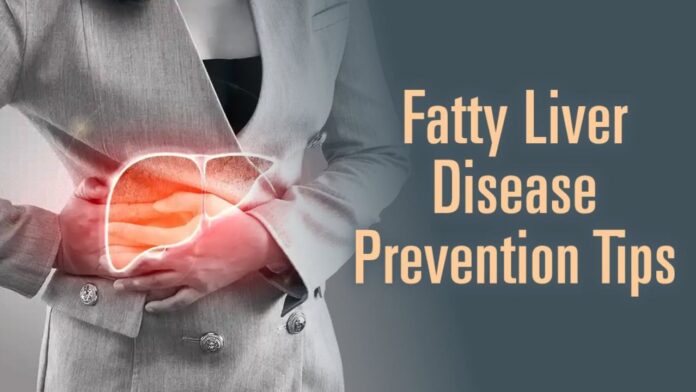Once considered a condition affecting only middle-aged and elderly individuals, fatty liver disease is now increasingly being diagnosed in younger adults. Initially asymptomatic, the disease can progress to serious complications like liver cirrhosis or cancer if left untreated.
While excessive alcohol consumption puts individuals at risk for NAFLD (Nonalcoholic Fatty Liver Disease), an unhealthy lifestyle marked by poor diet and lack of exercise is also a significant contributor. Chronic conditions such as diabetes and hypertension further elevate the risk of fatty liver. However, early-stage fatty liver disease can be reversed or managed through appropriate lifestyle changes.
Key lifestyle adjustments to tackle fatty liver include:
– Following a balanced diet rich in fruits, vegetables, whole grains, and lean proteins while limiting intake of sugary and fatty foods.
– Engaging in regular physical activity, with at least 30 minutes of moderate-intensity exercise most days of the week, alongside reducing sedentary behavior.
– Striving for a healthy weight through portion control, mindful eating, and increased physical activity.
– Limiting or abstaining from alcohol consumption, especially for young individuals with fatty liver.
– Managing blood sugar levels through dietary measures, exercise, and medication if necessary, focusing on complex carbohydrates and monitoring carbohydrate intake to stabilize blood sugar levels and improve liver health.

 हिंदी
हिंदी






